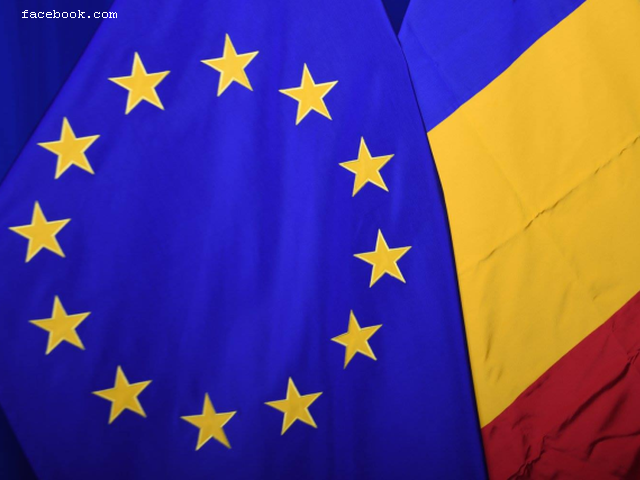Romania in the EU: a net beneficiary
The European Union has invested massively in Romania’s development.

Ştefan Stoica, 13.05.2024, 14:00
“Romania is a major chapter in the history of the European Union. It means a chance given together with the money from Brussels, for modern infrastructure and opportunities for all Romanians.”
The statement was made by the finance minister Marcel Boloş on May 9th, Europe Day. Boloş voiced his confidence that the European funds are indeed changing lives. If only in financial terms, Romania’s EU membership has been a huge benefit, translating into funds that most likely the country could not have been able to receive from other sources.
According to minister Boloş, for each euro contributed by Romania to the bloc’s budget, it has received 3 euros back. “Specifically, since its accession in 2007, Romania has received over EUR 95 billion, and it has contributed EUR 30 bln to the European Union budget. So the net financial balance points to benefits of EUR 65 bln,” the finance minister explained.
According to him, due to these funds Romania managed in 2020 to have more than EUR 6 bln in EU funding invested in one year, and last year it has reached a record-high EUR 16 bln.
On the other hand, Romania’s EU accession also meant integration in the single market, and the free movement of goods, people, services and capital, Mr. Boloş said. He argued that since the accession foreign investment has doubled, to approx. EUR 108 bln in 2022, and the fact that Romania has become attractive for EU companies meant not only investments, but also the development of sectors that had previously been neglected.
For Romanians, the development entailed by the EU accession also meant higher salaries. Over the past 17 years, minimum wages have been increased 20 times, to a monthly gross EUR 660. Marcel Boloş also mentioned the dozens of schools and kindergartens built or revamped using EU funds, including in villages and small towns, and the 1,300 km of roads built or upgraded.
The EU funding for the period 2014 – 2020 has helped over 95,000 Romanian companies to become more productive, thanks to investments in new equipment, automation, personnel training, and enhanced energy efficiency, the finance minister pointed out. Other projects funded from the EU budget include modernised regional airports, as well as thousands of km of utility networks.
But what the EU accession has meant for Romania, even more important than access to resources and welfare, was embracing the values and principles governing the European bloc: the rule of law, freedom of expression, social inclusion, tolerance—the ingredients of a functioning democracy.
And while self-styled sovereignsts and purported conservatives criticise and despise the European project, they know they have nothing sustainable to replace it with. (AMP)






























